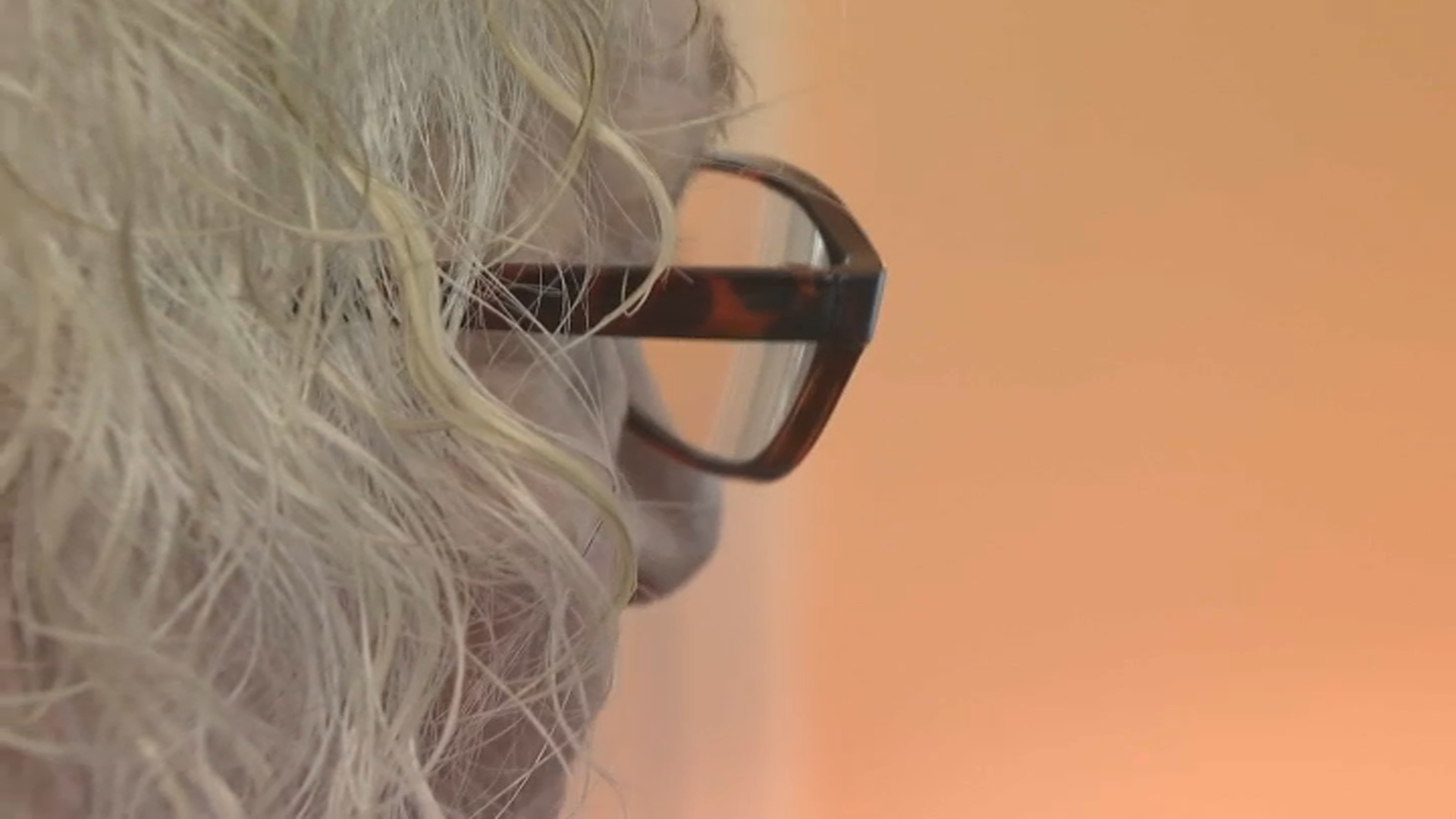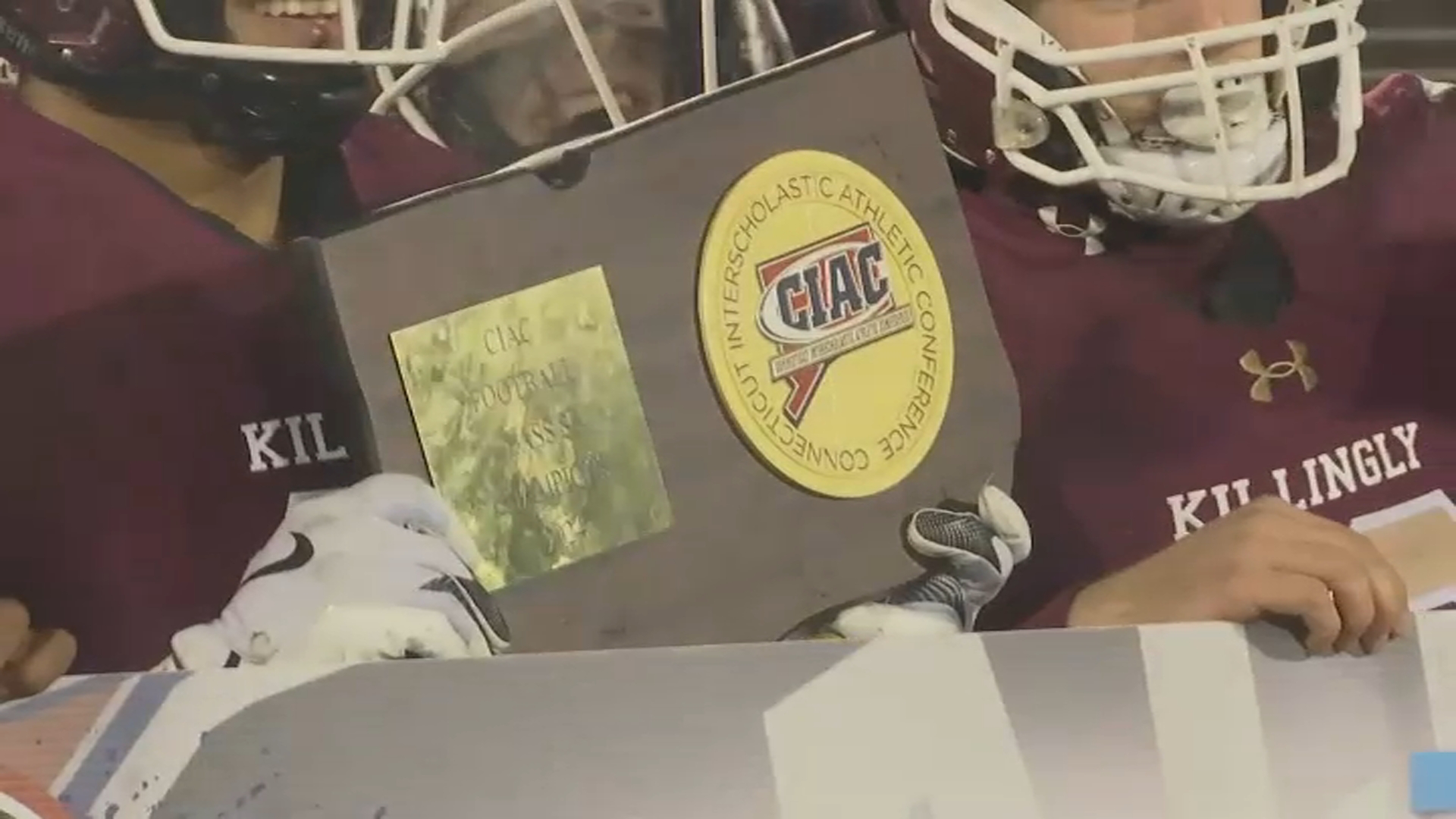It has been 22 years since nearly 3,000 people were killed in the 9/11 attacks, and many first responders from Connecticut sprung into action on that terrible morning and the days that followed.
Easton is a small town, but the tragedy had a huge impact there. For one firefighter, certain sounds or smells trigger memories of the time he spent at Ground Zero. Another dispatcher there picked up one of the very first calls in the nation that indicated something was very wrong.
They have never told their stories before. While sharing their recollections on the sad milestone, both Dave Davies and Beverly Doyle say it brings 22-years worth of raw emotions to the surface.
Looking at a small tribute in Easton hits Davies.
Get top local stories in Connecticut delivered to you every morning. >Sign up for NBC Connecticut's News Headlines newsletter.
“He was a year ahead of me in school. You know, town here is kind of small, so everybody kind of knows everybody. Great guy. Pete was one of those guys who was friends with everybody,” Dave Davies, an Easton firefighter, said.
The tribute is to Pete Hanson, his wife Sue Kim, and their toddler Christine. Christine was two-and-a-half-years old and was the youngest 9/11 victim, according to the 9/11 Memorial & Museum.
“That part is tough,” Davies said. “I think once you have kids, it's something you really understand.”
Local
The family lived in Groton in 2001, when they boarded United Flight 175 from Boston to Los Angeles on September 11, 2001.
“It was literally a regular day. No big deal. Everything was great. And then the phone rang,” Beverly Doyle, a retired Easton Police Department dispatcher said.
The call to the Easton Police Department was Pete Hanson’s father. Doyle was the dispatcher to answer.
“It was Lee Hanson. And he was giving me what his son was telling him from the plane. And as he's going through, as a mother, I'm just like, ‘Say it again?’ Doyle said.
Doyle relayed information to the police captain.
“We listen to the audio. And he's like, ‘Oh, my God,’” Doyle said. “Because at that point, nobody knew anything.”
The captain contacted federal authorities. Easton Police and the 9/11 Commissioner Report point to that phone call as the first call in the nation that indicated to authorities something was terribly wrong.
“Hearing him talk about his son, his daughter in-law, and his granddaughter. It was horrible,” Doyle said. “Lee kept calling us on and off until the tragic event.”
The tight-knit community turned inward to help one of their own.
“Who would think, you live in bucolic little Easton,” Doyle said. “Who would want to do this sort of devastation?”
At the same time, Davies was running toward the destruction.
“I think any firefighter anywhere around wanted to help in some way,” he said.
He was then 31-years-old and just four years into his career with the Easton Fire Department. The time he spent at Ground Zero has haunted Davies since.
“it's right there on the surface,” he said. “There probably isn't a couple two, three days that go by, that you don't think about it.”
A few days after the attacks, Davies joined Fairfield firefighters on a train to New York. He dug through dust and debris at Ground Zero. “You were just baffled that there were no desks, phones, luggage. Nothing, you know, you would think you would see in a hotel on a daily basis, or in an airplane, or in an office building. So it was just lots of dust and powder.”
Connecticut firefighters were helping neighbors in their darkest hour.
“Because we knew that, you know, when the buildings came down, that New York lost most of their fire department that day,” Davies said.
On this 9/11, there are 343 flags for those New York firefighters waving outside of the fire department in Easton, the ultimate sacrifice feeling so close to home.
“It’s tough, you know, you get up every day, you go do your job, you expect to come home with your family,” Davies said. “Sometimes you don't make it home.”
Davies says something fire departments across the country took from 9/11 was the need to improve communications and he says he has seen that happen. Davies also adds that in Connecticut, fire departments are more focused on addressing trauma and PTSD.



